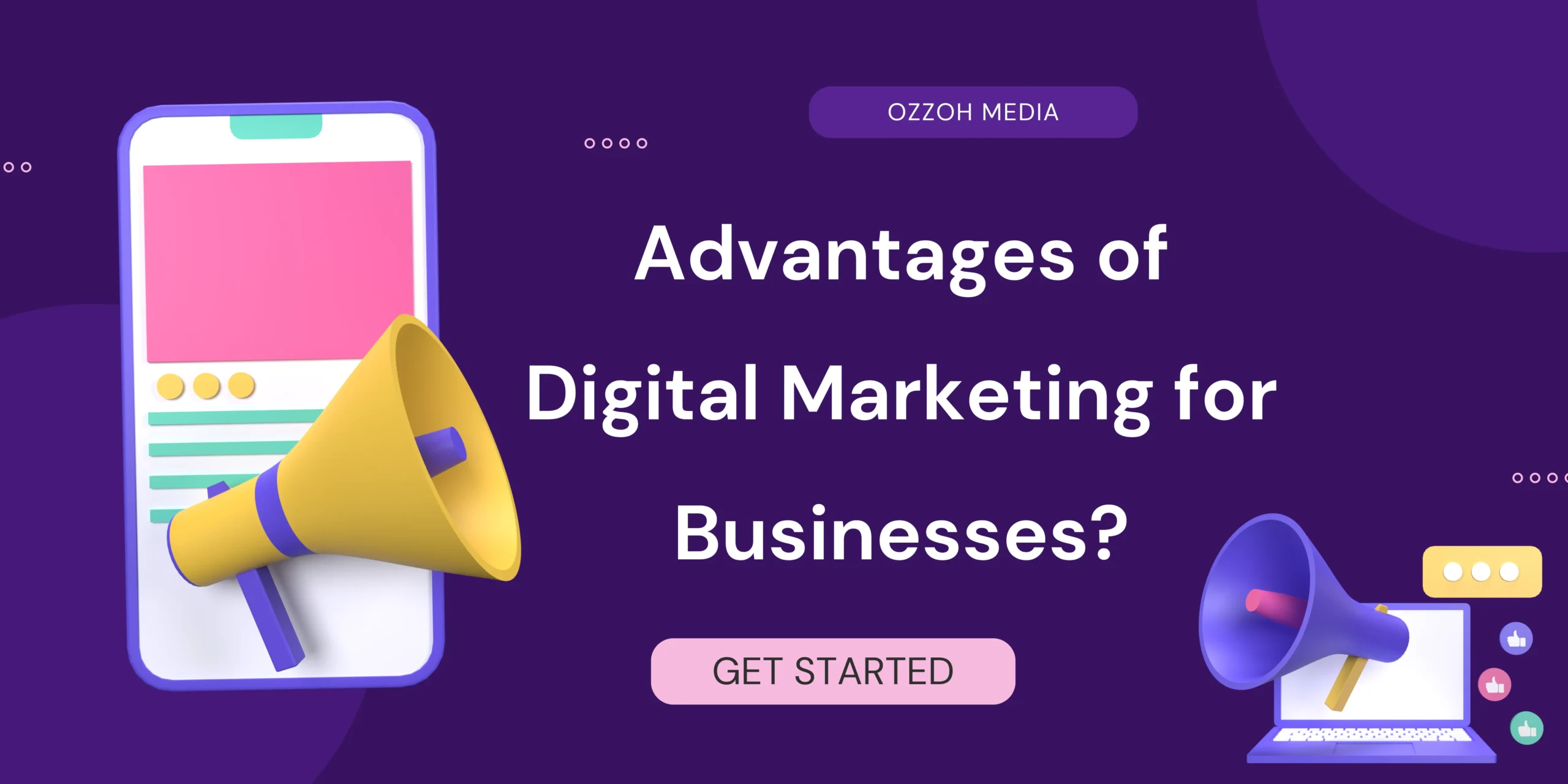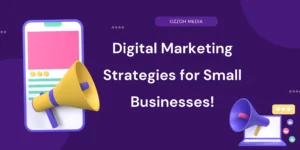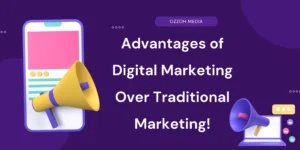In today’s technology-driven world, traditional marketing methods are no longer enough to stay competitive. Companies are turning to digital marketing as a powerful solution to reach and engage with their audience. But why is it so effective? In this article, we’ll explore the advantages of digital marketing and how it can benefit your business.
What is Digital Marketing?
Digital marketing involves the use of online platforms and tools to promote products, services, or brands. It encompasses a variety of strategies, including search engine optimization (SEO), social media marketing, email marketing, content marketing, and pay-per-click (PPC) advertising. Each of these tactics provides unique benefits that help businesses thrive in the digital age.
Key Advantages of Digital Marketing
1. Cost-Effective
One of the biggest advantages of digital marketing is its affordability compared to traditional advertising channels like TV, radio, or print. Small businesses with limited marketing budgets can achieve significant results by strategically using online channels. For example, an effective social media campaign or SEO effort can yield substantial returns without the high costs associated with traditional marketing.
2. Global Reach
Digital marketing allows businesses to transcend geographical boundaries and reach a global audience. With a well-optimized website and the right online presence, even small businesses can attract customers from around the world. This level of exposure simply isn’t possible with local-only traditional marketing.
3. Targeted Audience
One of the most powerful features of digital marketing is the ability to target specific audiences. With tools like Google Ads, Facebook Ads, and email segmentation, businesses can narrow down their marketing efforts to individuals based on demographics, interests, behaviors, and purchasing history. This precise targeting ensures that your marketing message is reaching the right people at the right time.
4. Measurable Results
Unlike traditional marketing, where it can be difficult to track performance, digital marketing provides measurable results. Using tools such as Google Analytics, businesses can monitor website traffic, conversions, engagement rates, and more. This data allows you to assess your campaigns’ effectiveness and adjust your strategy for better outcomes.
5. Improved Conversion Rates
Digital marketing enables businesses to target warm leads, which significantly improves conversion rates. Through tactics like SEO, PPC, and email marketing, you can attract users who are already searching for your products or services. This leads to higher-quality traffic and, ultimately, more conversions.
6. Personalization and Customer Engagement
Digital marketing allows businesses to engage with customers in a more personalized manner. For example, email marketing can deliver tailored content based on a user’s previous interactions with your website or product. Social media platforms also enable real-time interaction with customers, allowing businesses to respond to questions, address concerns, and build stronger relationships.
7. Enhanced Brand Visibility
Building a strong online presence through SEO, social media, and content marketing can significantly improve your brand’s visibility. As your content ranks higher on search engines and gets shared across social platforms, more people will become aware of your brand, leading to increased recognition and credibility.
8. Adaptability and Flexibility
Digital marketing campaigns can be adjusted in real-time, allowing businesses to respond quickly to market trends, customer behavior, and competitors. Whether it’s tweaking an ad campaign, updating your website’s content, or shifting focus to a different social media platform, digital marketing provides flexibility that traditional marketing cannot match.
9. Higher ROI
Digital marketing often delivers a higher return on investment (ROI) than traditional methods. Since digital platforms allow for targeting specific audiences, businesses can achieve better results with less wasted spend. Additionally, continuous optimization through performance tracking ensures campaigns are always improving.
10. Level Playing Field
One of the most significant advantages of digital marketing is that it levels the playing field for small and medium-sized businesses. Competing against large corporations with vast budgets is challenging in traditional marketing. However, digital marketing tools like SEO, social media, and content creation give smaller businesses the opportunity to compete effectively, regardless of size.
Conclusion
Digital marketing has revolutionized the way businesses approach their marketing strategies. The advantages of digital marketing are numerous, from cost-effectiveness and global reach to measurable results and increased engagement. Whether you’re a small business or a large enterprise, incorporating digital marketing into your business plan can help you achieve greater success in today’s competitive market.
By leveraging these benefits, you can attract more customers, increase brand visibility, and generate higher revenues. Start your digital marketing journey today and experience the transformation it can bring to your business.




